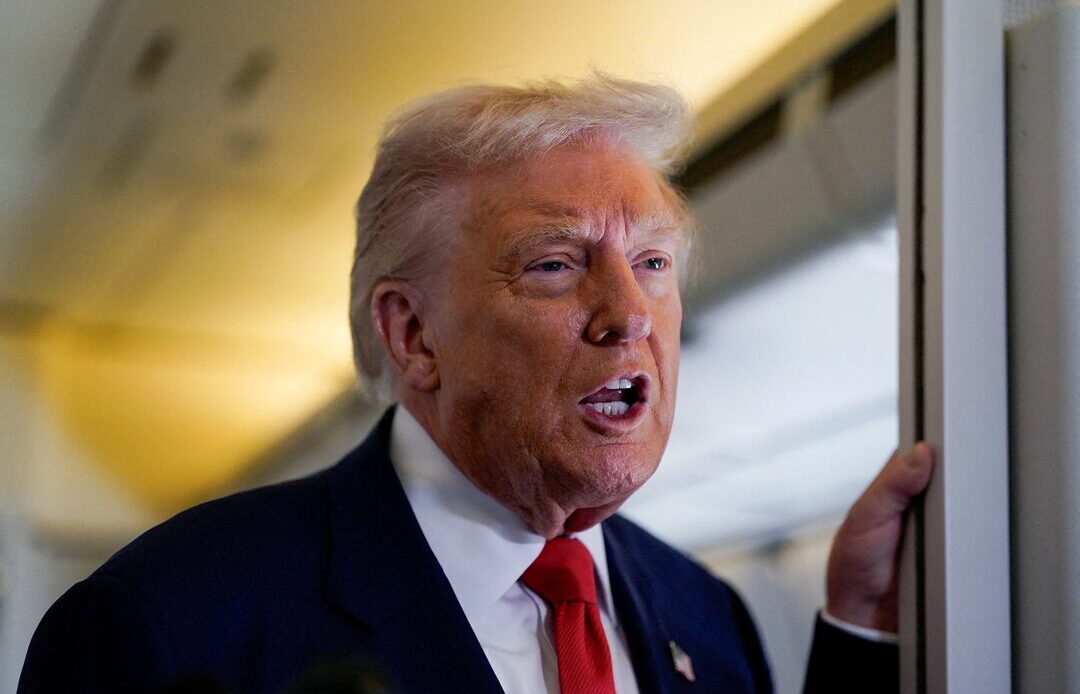Switzerland and the United States have reached a major trade agreement that will see Washington slash steep tariffs on Swiss exports from 39% to 15%, easing months of economic strain and setting the stage for deeper bilateral cooperation.
Swiss Economics Minister Guy Parmelin welcomed the breakthrough, describing it as “a great relief for our economy” after the punitive tariffs imposed last August hit Swiss industries hard. Tech exports alone plunged 14.2% in the third quarter compared to last year, underscoring the urgency for a resolution.
Parmelin revealed that a visit by top Swiss industrialists to the White House on 4 November proved pivotal. During the meeting with President Donald Trump, business leaders presented symbolic gifts—among them a Rolex gold watch and an engraved gold bar from the Swiss refinery MKS. Their engagement, he said, helped sway the negotiations after earlier efforts by Swiss President Karin Keller Sutter failed to shift Trump’s stance.
President Trump had dismissed Keller Sutter as “a nice woman, but she did not want to listen.” However, following the Oval Office encounter with Swiss executives, he indicated that a deal was imminent.
US Trade Representative Jamieson Greer confirmed the agreement, praising Trump’s “unmatched dealmaking” and highlighting the benefits expected for American workers. Under the deal, Switzerland will invest $200 billion directly into the US economy by 2028, with a third of the amount flowing in by 2026. Greer said the investment would create thousands of jobs while dismantling long-standing trade barriers.
Chief Swiss negotiator Helene Budliger Artieda described the talks as extremely demanding but said the outcome aligns Switzerland with the tariff rate granted to European Union countries.
In return, Switzerland will remove tariffs on a quota of US meat products, including beef, bison, and poultry, expanding market access for American farmers.
For both nations, the agreement marks a significant step toward stabilizing trade relations, particularly for Swiss sectors heavily reliant on the US market.


